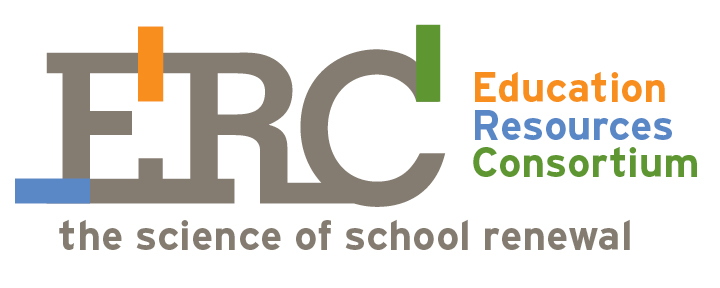By Sarah Ottow
As schools open this fall, our fastest growing population, English language learners (ELLs), experiences a severe achievement gap. Despite a migration of accountability from the feds to the states, the stakes remain high around big data and the issues around testing remain complex and controversial. Attempts to remedy the situation via through English-only language policies in several states (California, Arizona and Massachusetts) have failed to prevent this gap from growing, and have actually set the work back.
Confianza: Educating for ELL Equity focuses on ELL issues, helping schools and districts get their heads around these complicated and costly challenges. What I tell them is that we need a more comprehensive assessment mindset and a set of teacher and district practices to round out the picture of what growth actually means for these culturally and linguistically diverse learners if we’re going to know how best to serve them and do what people are asking –to prepare them for life and employment in the U.S.
A once-a-year test is like a snapshot taken on one day at a given point in time. This snapshot offers a report for outside stakeholders--the district, the state, parents, and community members- but as has often been said, no whole picture of the child, or of interim growth emerges, leaving schools with little quality information on what to do next with the student. By continuing to focus primarily on large-scale academic assessment, we get only more data on what we already know—that is, our ELLs are not yet proficient at English. We need actionable data to drive instruction, curriculum and programming so we can not only close, but prevent, an achievement gap.
In a system laden with snapshots, I advise my clients to move towards a photo album approach and remind them the root word for “assess,” from the Latin word, “assidere,” means to sit beside. If we’re truly “sitting beside” our students we can do a lot more to diagnose areas of improvement and give specific feedback to build awareness and autonomy of personal development. Let’s push for a balanced, comprehensive assessment system that promotes holistic, classroom-based interim and a big increase in formative measures. Many teachers are taught to believe that only summative tasks matter, and miss the obvious – good formative assessment is a learning tool. Both in our teacher preparation and building-based professional learning, we need to do a better job of encouraging educators to look at the complexities of language acquisition in socio-cultural contexts and promote a focus on the strengths of our culturally and linguistically diverse learners. School and district leaders need to be visible and forceful in promoting the idea of supporting students’ eagerness to succeed, to fit in, to be someone in the United States, to be someone for their families and for themselves
I remind teachers that English language development is an ongoing process, one that that requires time, support, and confidence building. We need to provide meaningful, language-rich learning experiences and include structures like portfolios and student exhibitions, which showcase academic language development growth and promote student agency in the learning process. This is a tangible growth opportunity for most schools.
The good news is that we already have sound assessment measures like WIDA’s ACCESS to show annual progress in English proficiency. But schools need to have more than one picture of academic language development for ELL students. Ongoing, classroom-based interim and formative assessments can make visible the learning of our English learners. Comprehensive assessment brings the focus back to students’ growth, not just proficiency, which is what learning is after all.
Sarah Ottow has fifteen years of teaching, coaching and instructional leadership experience in the US and Puerto Rico focused on equitable outcomes for culturally and linguistically diverse learners. Sarah's Boston-based organization, Confianza: Educating for ELL Equity, provides practical and innovative technical support and professional learning that empowers educators with research-based tools and practices.


